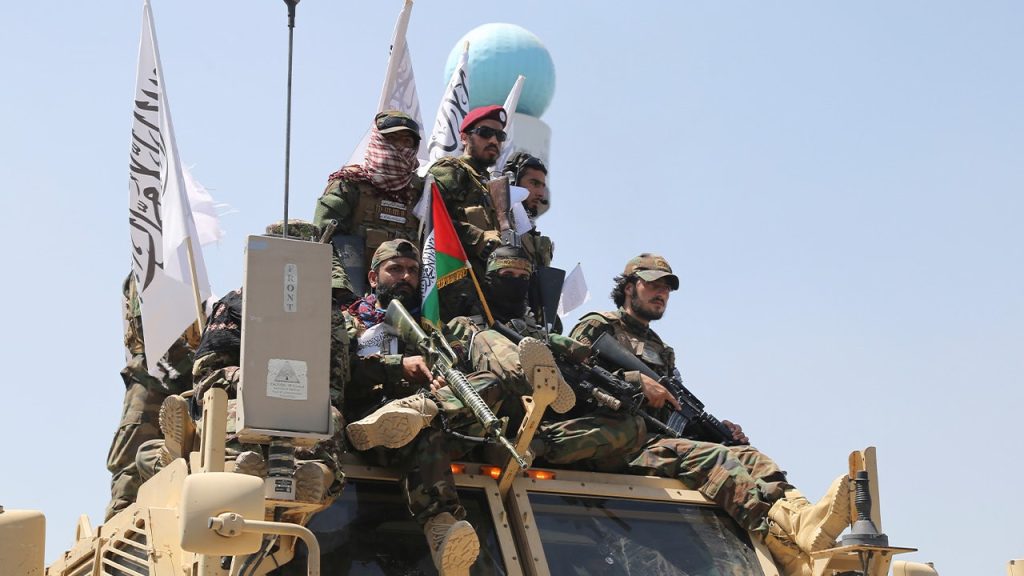Life in Afghanistan has drastically deteriorated under Taliban rule over the past three years, with a quarter of Afghans facing acute food insecurity and more than half of the nation requiring humanitarian assistance. The United Nations Development Program reports that nearly 70% of the country lacks reliable access to basic resources such as food, water, housing, and health care. The nation’s economy collapsed after the Taliban takeover of Kabul in 2021, as international funding was cut off, leading to widespread suffering among the population.
The Taliban has exacerbated the economic crisis by enforcing oppressive bans on women, prohibiting their access to education and employment. Public floggings and group-enforced executions have been reinstated, and the Taliban’s leader has threatened to reintroduce stoning women to death for adultery. Despite claims that conditions have improved since pre-2001, it is believed that the Taliban is now better resourced and finding ways to fund its activities independently.
The Taliban recently marked the three-year anniversary of the takeover of Kabul with a parade at Bagram Air Base, displaying abandoned U.S. military hardware and proclaiming their strength and unity. Former U.S. military equipment, including helicopters, tanks, and vehicles, were shown off alongside heavily armed soldiers. The Taliban’s parades are seen as a sign of victory over the U.S. and a reminder of Afghanistan’s continued isolation from the international community.
Despite some countries beginning to engage diplomatically with the Taliban, Western nations remain concerned about Afghanistan’s reemergence as a safe haven for terrorist organizations. The Taliban’s control of the country has allowed groups like al Qaeda to operate freely, running training camps across multiple provinces with little resistance. Afghanistan’s human rights violations have further alienated it in the international community, with many viewing it as a dangerous and unstable state.
The ongoing crisis in Afghanistan raises questions about the effectiveness of U.S. intervention in the region, with some experts suggesting that life in the country may be deteriorating rapidly. The Taliban’s harsh treatment of women and brutal enforcement of extremist ideologies have highlighted the challenges faced by the Afghan population under their rule. As the nation struggles with economic collapse and humanitarian crises, concerns over the Taliban’s support for terrorist groups continue to grow.
As Afghanistan remains in turmoil, with widespread suffering and isolation from the international community, it is clear that the situation has worsened significantly since the Taliban regained control. Efforts to address the humanitarian crisis and prevent the country from becoming a breeding ground for terrorism remain paramount as the international community grapples with how best to support the Afghan people in their time of need.


